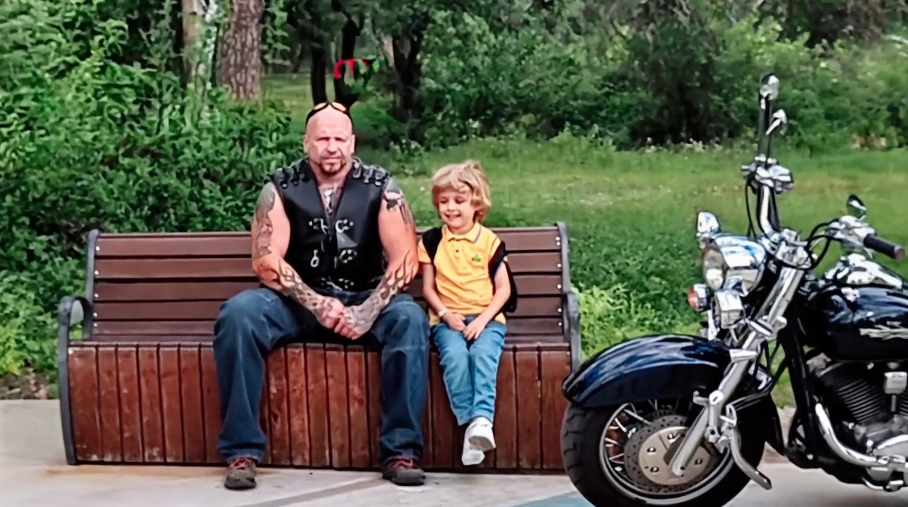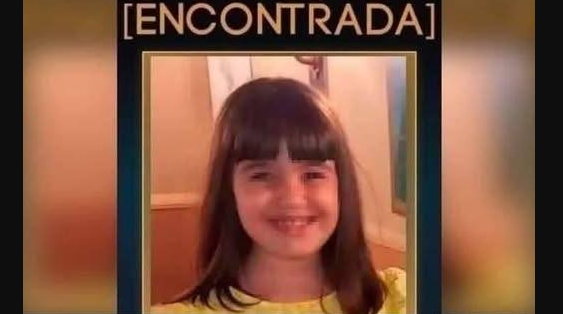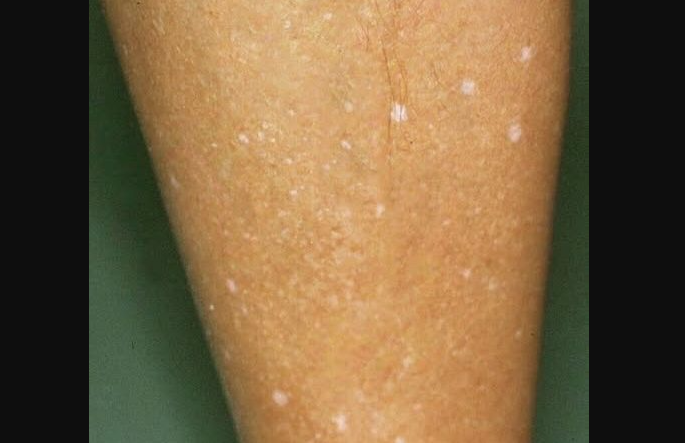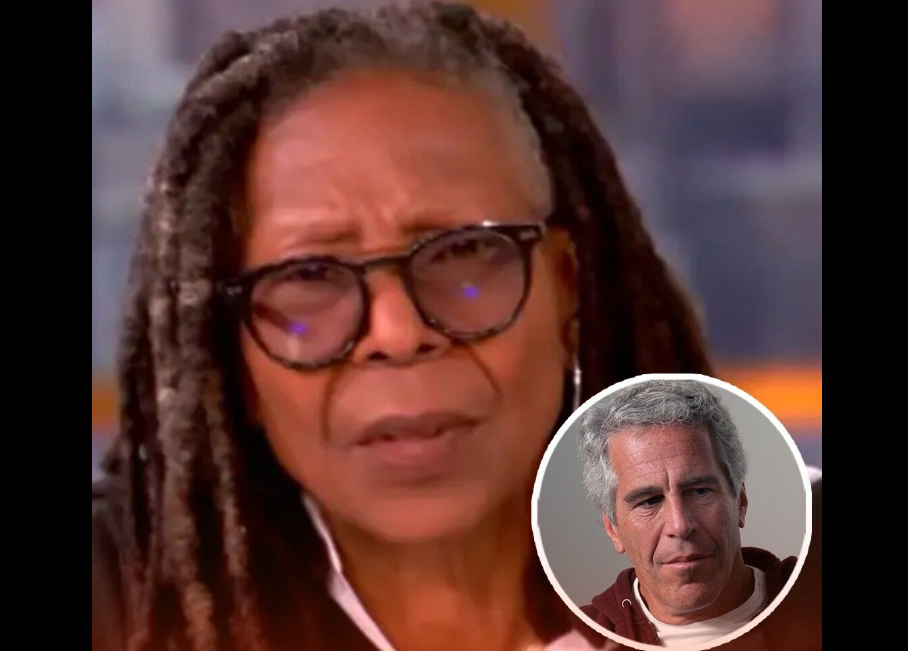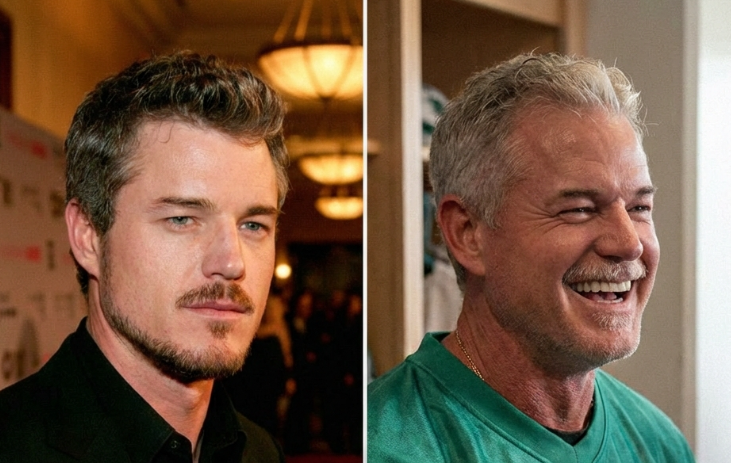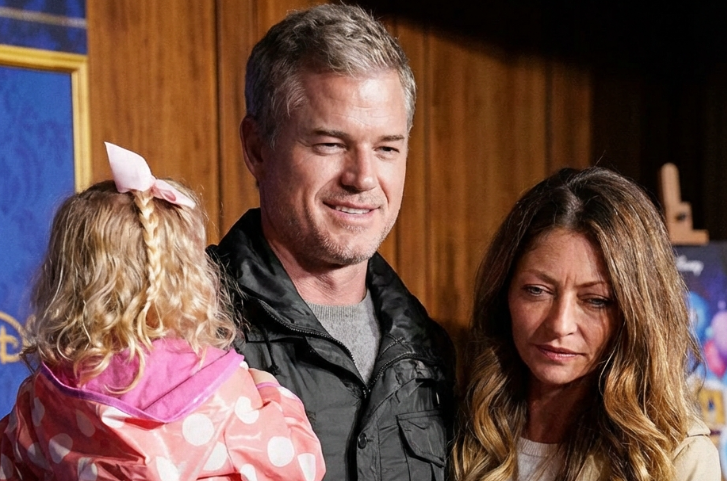At times, a benign instant unfolds.
My young cousin Eli crouches in the yard, his laughter echoing as chickens meander around his sneakers.
He extends his hand, gently retrieves the fluffy white hen we affectionately call Marbles, and embraces her as he would a cherished stuffed animal.
I capture these scenes with my camera, envisioning the perfect social media caption.
Then, an abrupt stillness descends upon the other chickens.
They freeze—every single one.
Three roosters, mid-stride, their gaze fixed intently on Eli and Marbles, as if something has gone awry.
I emit a nervous chuckle, but Eli remains oblivious.
He continues to cradle Marbles, gently rocking her as if she were an infant.
That’s when a detail surfaces.
The rooster we call Boss—typically the most boisterous, aggressive creature on two legs—retreats slowly.
He moves not away from Eli, but toward the shed.
And the others?
They follow.
Not like chickens.
They move with a sense of purpose, as if anticipating.
I begin to approach Eli, suggesting it is time to release Marbles.
However, he lifts his gaze to me, perplexed, and states:
“She’s not letting go.”
I respond, “What do you mean she’s not—”
Then, his arms come into view.
Delicate white scratches emerge—three distinct marks—shaped almost like letters.
As I draw closer, I discern they are forming a word.
The first letter is a D.
The second resembles an O.
And just as I lean in to confirm the third…
It is an N.
D-O-N.
I blink. “Don? Who is Don?”
Eli looks at me, his eyes wide and glassy.
“I do not know,” he whispers. “But I think… she does.”
I observe Marbles, still nestled securely in his arms.
Her eyes are open, yet an unusual quality permeates them—as if she is not truly observing us, but perceiving something beyond.
Her feathers, typically soft and downy, have begun to bristle almost imperceptibly, as if an electrical charge flows through them.
Behind me, the low creak of the shed door emanates.
Boss has reached it, and is now pecking at the wood.
Peck.
Peck.
Peck.
A rhythmic, precise motion.
A shiver courses through my spine.
“Alright,” I state carefully, “we are going inside. Immediately.”
Eli rises slowly, still cradling Marbles.
She remains motionless, not even a flutter.
However, the scratches on his arms have deepened, as if an invisible force is inscribing with minuscule blades.
And the letters continue to form.
Now it reads: D-O-N-’T.
“Don’t what?” I murmur.
“I think she is frightened,” Eli states, his voice barely a breath.
“Frightened of them.”
We hasten our steps, cutting through the yard toward the house.
The roosters are nowhere to be seen.
Only the wind, the creaking shed, and the imposing oak tree behind it remain.
We encircle the rear.
Eli indicates a section of disturbed earth.
It is barely perceptible, as if someone has haphazardly scattered leaves over it.
“This is the location,” he asserts.
I begin to dig.
The initial inches reveal only dirt and roots.
Then, something unyielding.
Metal.
An antique box, rusted and corroded, approximately the size of a toolbox.
I lift it out, my hands trembling, and pry it open.
Inside, bones.
Not a complete skeleton—only a jawbone, a few ribs, and what appears to be the crown of a skull.
A faded leather wallet also rests within, its identification card still intact.
Donald Whitmer.
I recoil, my heart pounding.
“We must summon the authorities.”
Eli nods. “She conveyed her gratitude.”
I look down.
Marbles now appears calm.
Her feathers have smoothed.
Her eyes blink slowly, akin to a typical chicken.
Then—abruptly—she flutters from Eli’s arms, descends gently to the ground, and strolls away as if nothing extraordinary has transpired.
I stare after her in disbelief.
That evening, the police arrive.
They cordon off the yard, retrieve the bones, and pose questions.
We recount the events truthfully—at least in part.
We state that we were digging near the shed and made an unexpected discovery.
We omit the detail concerning the psychic chicken.
The news disseminates the story for several days.
Missing Man Found After Three Years—Foul Play Suspected.
They identify a blow to the head.
Murder.
The investigation subsequently cools.
No suspects emerge.
No arrests are made.
However, Nana contacts me two days later.
“I heard about Don,” she states, her voice low.
“Did the chickens reveal it to you?”
My blood runs cold.
“You knew?”
“I did not know it was him.
But I knew those birds were observing something.
Guarding something.”
“Why did you not disclose this?”
“Would you have believed me?” she inquires gently.
I cannot dispute her point.
After that, a subtle shift permeates everything.
The roosters return to their normal routines.
Boss crows at dawn once more.
Marbles maintains her distance, allowing no one to pick her up thereafter.
And Eli?
He appears… lighter.
As if a burden has been lifted.
One month later, he utters words that resonate deeply.
“She did not desire retribution,” he states.
“She desired to be heard.”
I inquire whom he refers to—Marbles or Don.
He merely shrugs.
“Perhaps both.”
I no longer perceive animals in the same manner.
Occasionally, while seated outdoors with my coffee, I observe Marbles watching me from across the yard.
Not in a sinister way—simply with quiet vigilance, as if ensuring all remains well.
And deep down, I believe she is.
We never conclusively determined who ended Don’s life.
Yet, perhaps that was not the central meaning.
Perhaps the purpose was that even in the most secluded corners of the world—even within a chicken coop—truth invariably finds a path to emerge.
It may gradually resurface through feathers and years of silence… yet it invariably arrives.
And upon its arrival, it liberates.
Now, I engage in more attentive listening.
To the wind.
To the animals.
To the unspoken sentiments of people.
Because sometimes the most diminutive voices convey the most profound truths.
And occasionally, justice manifests through a chicken that steadfastly refuses to relinquish its hold.
